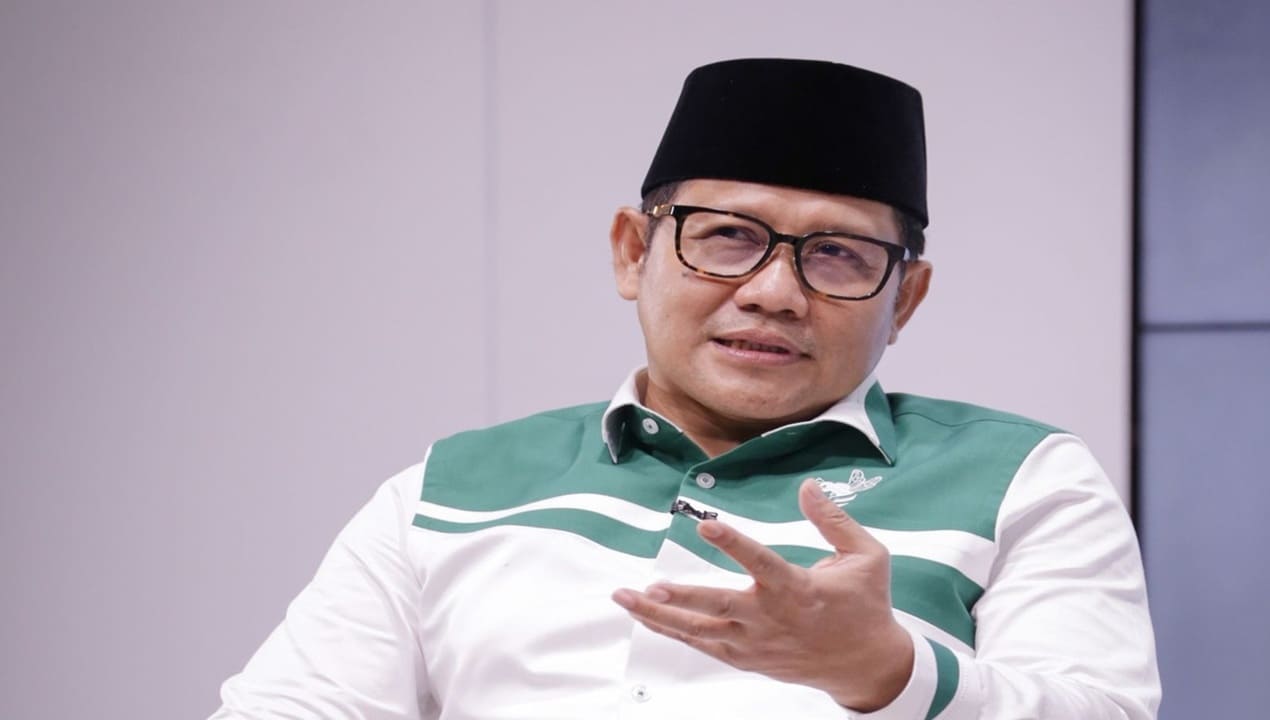
Independent Report – Cak Imin, the Coordinating Minister for Community Empowerment. He emphasized that local governments should not establish their own rules regarding the distribution of social assistance. His comments came in response to the controversial proposal by the Governor of West Java. Dedi Mulyadi, who suggested that vasectomy should be a requirement for individuals to receive various forms of government aid. Such as scholarships and other social benefits. Cak Imin firmly opposed this idea, underlining that there is no existing regulation that links participation in family planning with the eligibility for government assistance.
Muhaimin, often referred to as Cak Imin, firmly responded to this idea. Stating that there is no such rule in place. “There is no rule about this. You cannot create your own regulations,” he said, addressing the plan of the West Java governor. This statement was made during an interview at the parliamentary complex in Senayan, Jakarta, on Saturday, May 3, 2025. He further clarified that family planning (KB) participation, including for men, has never been a requirement for receiving social assistance.
“That’s not the case. There are no such requirements,” Cak Imin stressed. He reiterated that there are no regulations that link participation in family planning programs, such as vasectomy. With eligibility for social aid. This was a direct rebuttal to the suggestion that a man’s involvement in family planning. Specifically through vasectomy, should be tied to receiving government aid.
The idea of integrating family planning into the distribution of social assistance was initially proposed by Dedi Mulyadi, the Governor of West Java. He argued that linking family planning to the receipt of aid, such as scholarships and various social benefits from the provincial government, would help ensure the fairness and even distribution of government resources. Dedi’s plan was based on the idea that public assistance should not disproportionately favor a single family or individual. Instead, he proposed that all government aid, including those for education, healthcare. And also housing, should be integrated with family planning programs.
In a statement made on April 28, 2025, in Bandung, Dedi explained his vision of linking government aid to participation in family planning programs. He stated that the integration would prevent a situation where one family continuously receives multiple forms of assistance. Which would ultimately place an undue financial burden on the state. “We cannot allow one family to receive aid for health, childbirth, housing, and non-cash benefits, among others,” Dedi said. He emphasized the need for a fairer distribution system to ensure that all families have equal access to resources without overloading any particular group.
Dedi Mulyadi also underscored that future social assistance recipients should be checked against the national population data. Which should include information on family planning participation. More specifically, he suggested that men’s involvement in family planning, particularly through vasectomy, should be documented and included in the population database.
Also Read : Puan Maharani Advocates for Women’s Rights and Worker Welfare
“In the future, when distributing aid, we will check if the recipient has participated in family planning. If they have, they will be eligible for the assistance. If not, they will need to participate in a family planning program first, and it should be male family planning, such as vasectomy. This is serious,” Dedi insisted.
This controversial plan has sparked significant debate, especially regarding the inclusion of vasectomy as a criterion for receiving government aid. Critics argue that such a requirement could be seen as intrusive or coercive, particularly when considering the personal and cultural sensitivities surrounding family planning practices. Others question the practicality and fairness of implementing such a system. As it could lead to discrimination or exclusion of certain groups who may not wish to participate.
Cak Imin’s response to the idea is clear: the government cannot allow local authorities to impose their own arbitrary rules regarding social assistance. He emphasized that the decision on eligibility for aid should remain consistent across the country. Without being subject to regional policies that may not align with national standards.
As of now, the proposal from Governor Dedi Mulyadi remains just that—a proposal. It remains to be seen whether it will gain traction within the local government or face further scrutiny at the national level. However, Cak Imin’s strong stance against this idea highlights the ongoing tension between regional autonomy and central government regulations in the distribution of social assistance in Indonesia.
The debate surrounding the integration of family planning into social aid programs reflects broader concerns about the balance between social welfare policies and personal freedoms. As the discussion continues, it will be crucial to consider both the potential benefits and the ethical implications of such policies.
Also Read : Fidelity and Ark Invest Predict Bitcoin’s Strategic Role Replacing Gold